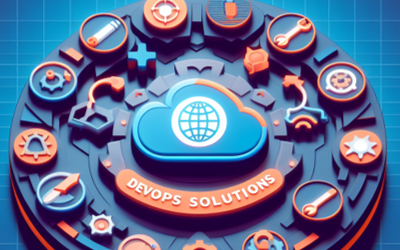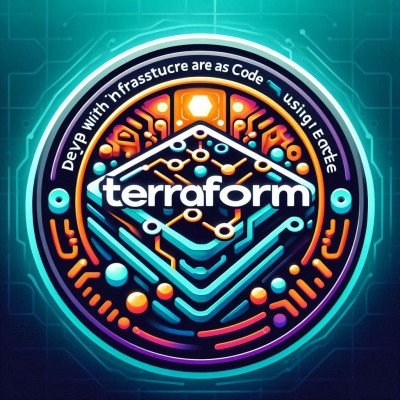DevOps Solution
Our DevOps solution revolutionizes software development by combining automated CI/CD pipelines, collaborative environments, and security integration. It enables seamless scalability through containerization, orchestrates deployments efficiently, and fosters continuous feedback loops. Embracing a DevOps culture, it empowers organizations to accelerate delivery, enhance collaboration, and ensure agile, high-quality software releases.

0 Enrolled
English
Last updated
Thu, 25-Jan-2024









